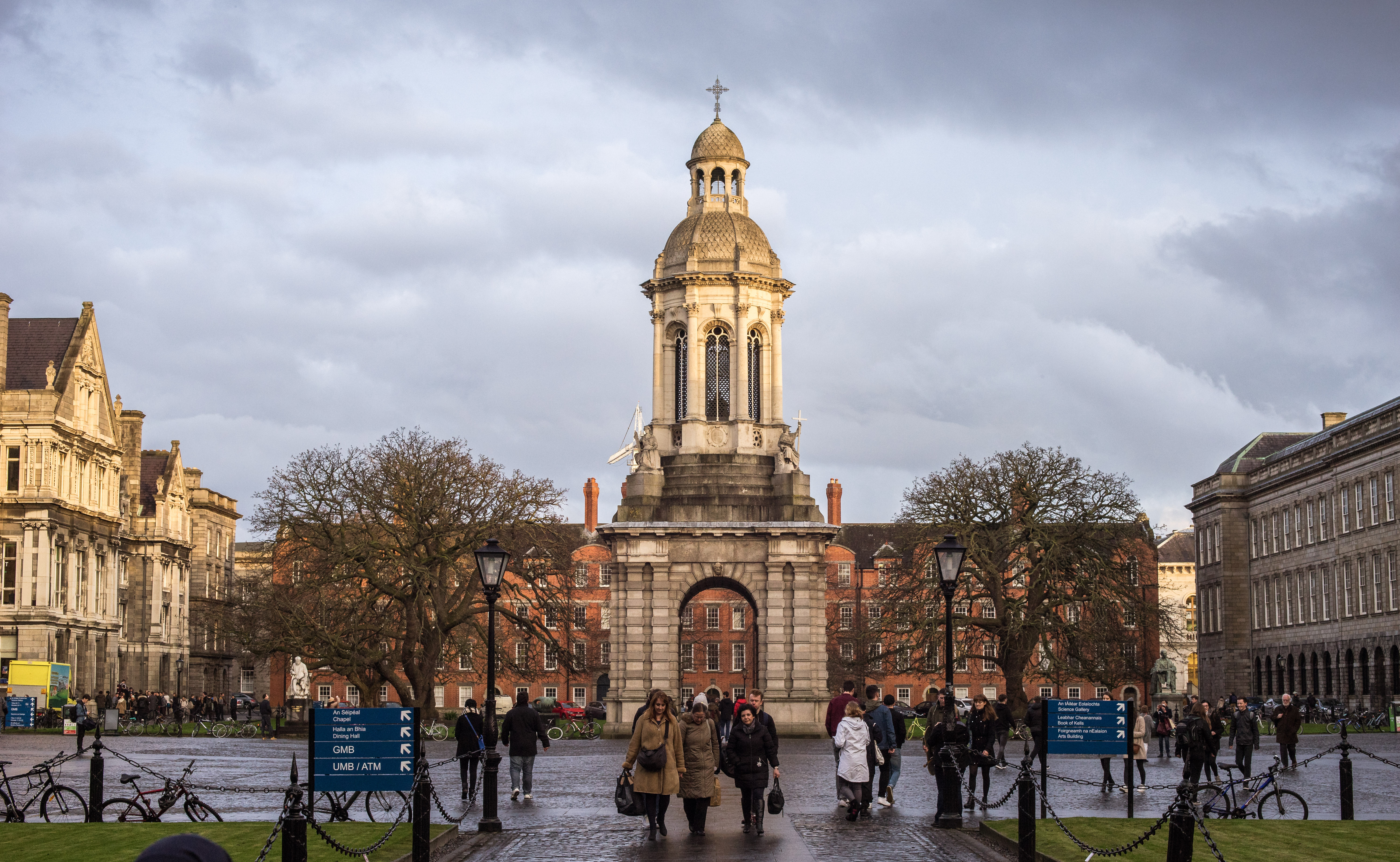This week, Trinity students may have been shocked to witness a dramatic depreciation in the value of their degree internationally. In the Times Higher Education (THE) World University Rankings for 2020, Trinity continued on its precipitous decline to 164th position from 120th, leaving it resting between the University of Liverpool and Würzburg.
Results from measures such as the THE world rankings are mulled over and scrutinized by the media and university administrators alike every year, and with good reason. A university’s ranking is taken seriously by prospective employers and international student.
But just how valid are these rankings in assessing the quality of an institution as complex as a university?
Quality of teaching is notoriously difficult to measure, due to differences in student intake and different methods of assessment. It is perhaps for this reason that research quality makes up 60% of the weighting of a country’s score on the THE rankings, based on surveys, journal citations and research income. Research work done by universities produces clear and objective data points, unlike the more elusive “teaching quality”.
Teaching quality makes up 30%, based largely on a “reputation survey” of 10,000 academics. This survey quizzes academics with questions such as: “Where would you send your best graduates for the most stimulating postgraduate learning environment?” One of the primary issues with this method of measurement is that a feedback loop emerges, as top universities gain in resources and reputation due to their high ranking, and thus maintain that high ranking. This may be the reason why there has been relatively little movement in the top 20 places in the rankings.
Flaws aside, these rankings undoubtedly can have a powerful impact on public policy.
Ironically, the latest fall in rankings may ultimately turn out to be a blessing for Trinity, if it serves as a wake-up call to the government to address what the Trinity Dean of Research Linda Doyle sees as “continuing under investment in university education and research in Ireland”.






